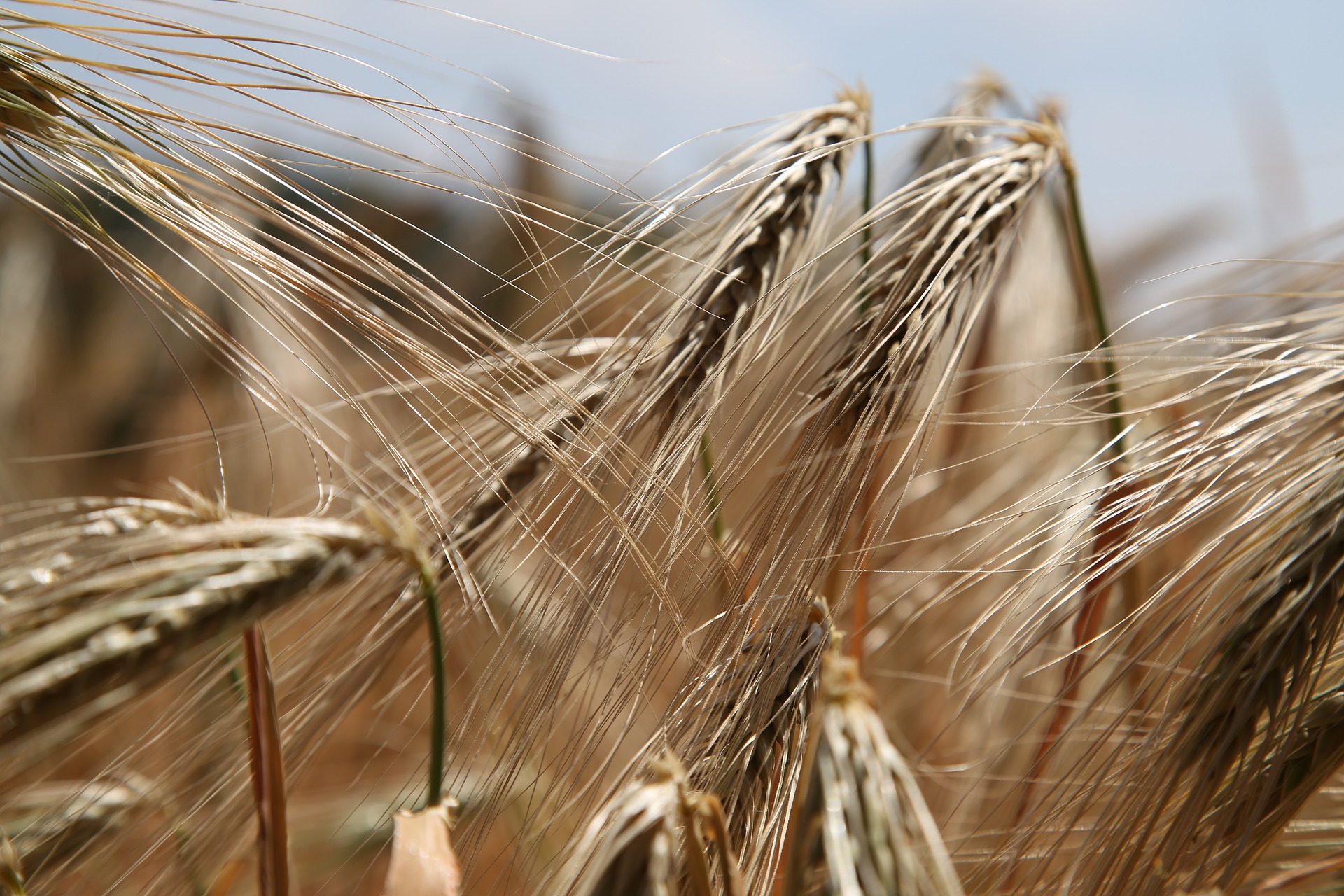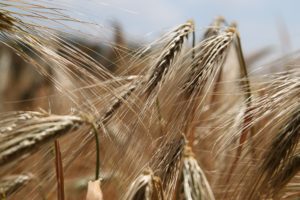
Gluten inflammation on keto is a problem and it is caused is a protein found in wheat, barley, and rye, and it can cause inflammation in people with certain conditions, such as celiac disease, non-celiac gluten sensitivity, or wheat allergy. In these conditions, the immune system reacts to gluten as if it were a foreign invader, causing an inflammatory response that can damage the lining of the intestines and lead to a range of symptoms.

In celiac disease, consuming gluten triggers an immune response that damages the lining of the small intestine, leading to malabsorption of nutrients and a range of gastrointestinal symptoms, such as abdominal pain, diarrhea, and bloating. In non-celiac gluten sensitivity, consuming gluten triggers an immune response that causes symptoms similar to celiac disease, but without the same immune system damage to the small intestine. Wheat allergy is another condition in which the immune system reacts to wheat proteins, causing inflammation and a range of symptoms, such as hives, itching, and difficulty breathing.
Inflammation caused by gluten can also affect other parts of the body beyond the digestive system, such as the skin, joints, and brain. In some people, consuming gluten can exacerbate symptoms of autoimmune conditions, such as rheumatoid arthritis or multiple sclerosis.
It is important to note that not everyone experiences inflammation or adverse effects from consuming gluten. However, for those with celiac disease, non-celiac gluten sensitivity, or wheat allergy, avoiding gluten is the only way to prevent the inflammatory response and associated symptoms.
Gluten itself is not necessarily bad for the keto diet for a lot of people but it can be for some. You should consider doing an elimination diet if you are thinking about doing “dirty keto” because there is so much wheat and gluten in a lot of “keto products” and dirty keto people do not tend to read any labels beyond the macros so if you are starting keto for weight loss or for getting into a better state of health, it might be a good idea to lay off the gluten and wheat for a while and see if you feel better and if your weight loss comes more naturally.. Gluten is not inherently high in carbohydrates. However, many foods that contain gluten, such as bread, pasta, and baked goods, are high in carbohydrates, making them incompatible with the keto diet.
The keto diet is a high-fat, low-carbohydrate diet that is designed to put the body into a state of ketosis, where it burns fat for fuel instead of carbohydrates. To achieve ketosis, the diet typically restricts carbohydrate intake to less than 50 grams per day and for some people, that number needs to go down even lower to get into ketosis.
Many gluten-containing foods are high in carbohydrates and can easily put someone over their daily carbohydrate limit, making it difficult to maintain ketosis. Additionally, some people with celiac disease or gluten sensitivity may experience gastrointestinal symptoms when consuming gluten, which can be uncomfortable and interfere with their ability to follow a strict keto diet.
However, there are many gluten-free foods that are compatible with the keto diet, such as non-starchy vegetables, nuts and seeds, meat, fish, and dairy products. These of course do not cause Gluten Inflammation on keto. It is possible to follow a healthy and satisfying keto diet without consuming gluten.